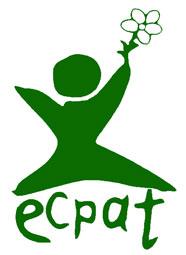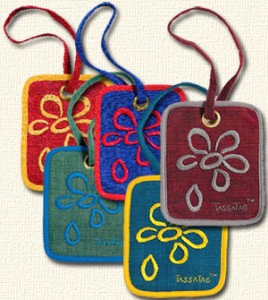 Assistant Editor's Note: For more detailed advice on how adventure travel professionals can ensure responsible operations and help put a stop to child sex tourism, please also read our Q&A with Angeline Diamond of ECPAT.
Assistant Editor's Note: For more detailed advice on how adventure travel professionals can ensure responsible operations and help put a stop to child sex tourism, please also read our Q&A with Angeline Diamond of ECPAT.
ECPAT, which stands for End Child Prostitution, Pornography, and Trafficking, is a network of organizations and individuals committed to ending the sexual exploitation of children through research, advocacy, and public awareness campaigns. They are currently working to increase public knowledge of the devastating sex tourism industry in hopes that public awareness will lead to an increase in the fight against sex tourism. At the Adventure Travel Trade Association, we feel this fight is essential for building an ethical and sustainable tourism industry that builds communities from withing while connecting them in positive ways to their global neighbors.
Therefore, we would like to feature two recent public awareness campaigns from ECPAT.
First, there is a Code of Conduct that was formed for specifically tourism companies. The Code establishes policies that may be incorporated into your ethical code to prevent child exploitation. The Code has been signed by over 900 companies worldwide, which commits them to implementing the following six criteria:
- To establish an ethical policy regarding commercial sexual exploitation of children.
- To train the personnel in the country of origin and travel destinations.
- To introduce a clause in contracts with suppliers, stating a common repudiation of commercial sexual exploitation of children.
- To provide information to travellers by means of catalogues, brochures, in-flight films, ticket-slips, home pages, etc.
- To provide information to local "key persons" at the destinations.
- To report annually.

Second, TassaTags were developed. TassaTags, which are bright-colored luggage tags, allow travelers to "reclaim their bags easily while reclaiming the lives of children." Each traveler tag can be used as a marketing tool for awareness of child sex tourism. TassaTags are made at The Regina Center in Nongkhai, Thailand, and would be great gifts for frequent travelers.
The Regina Center allows women within rural Thailand to earn a steady income, stay within their villages, and enroll their children in school. These are essential components in the fight against trafficking and sexual exploitation. We like to call our TassaTags "fair trade plus" for the Regina Center is a fair trade certified retail producer, and TassaTags support this center, in addition, to ECPAT-USA's work. More about TassaTags can be found at http://www.tassatag.org.
